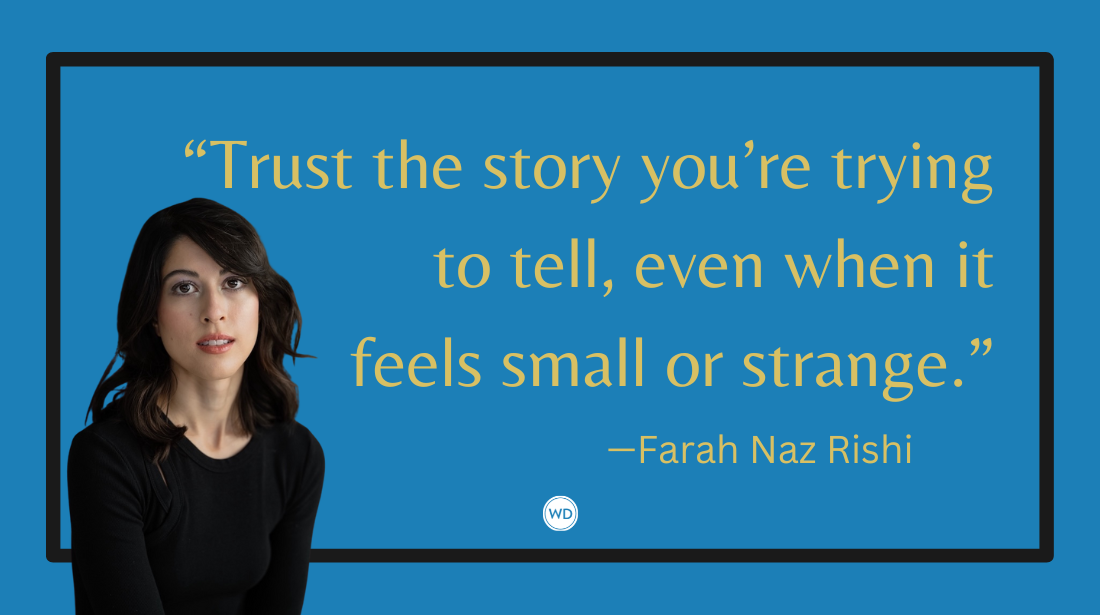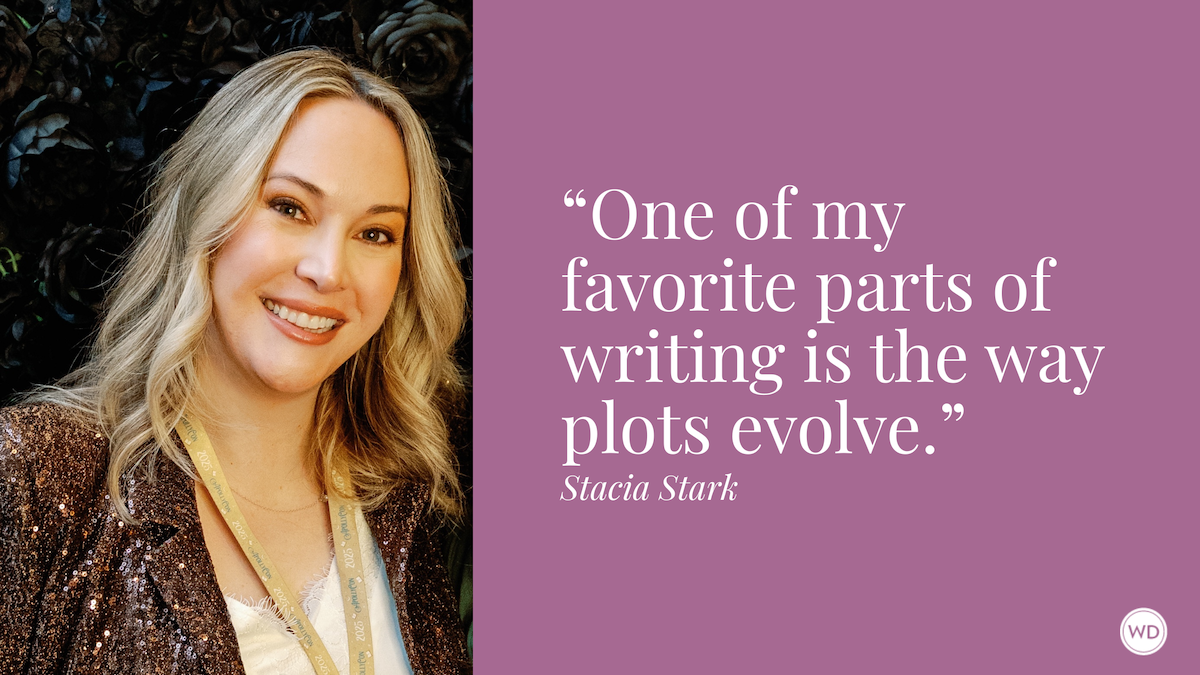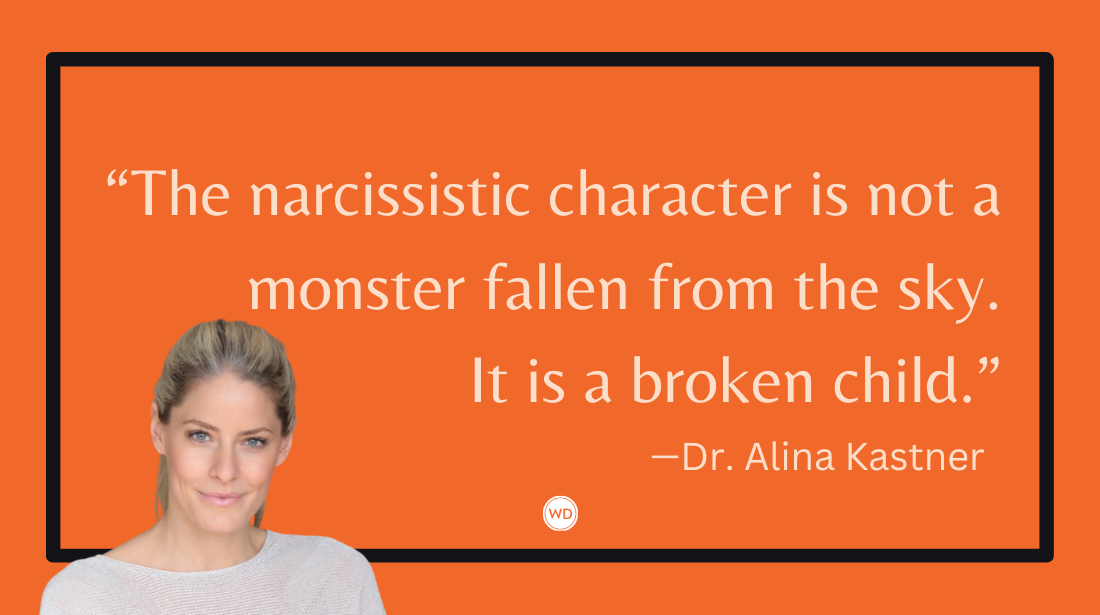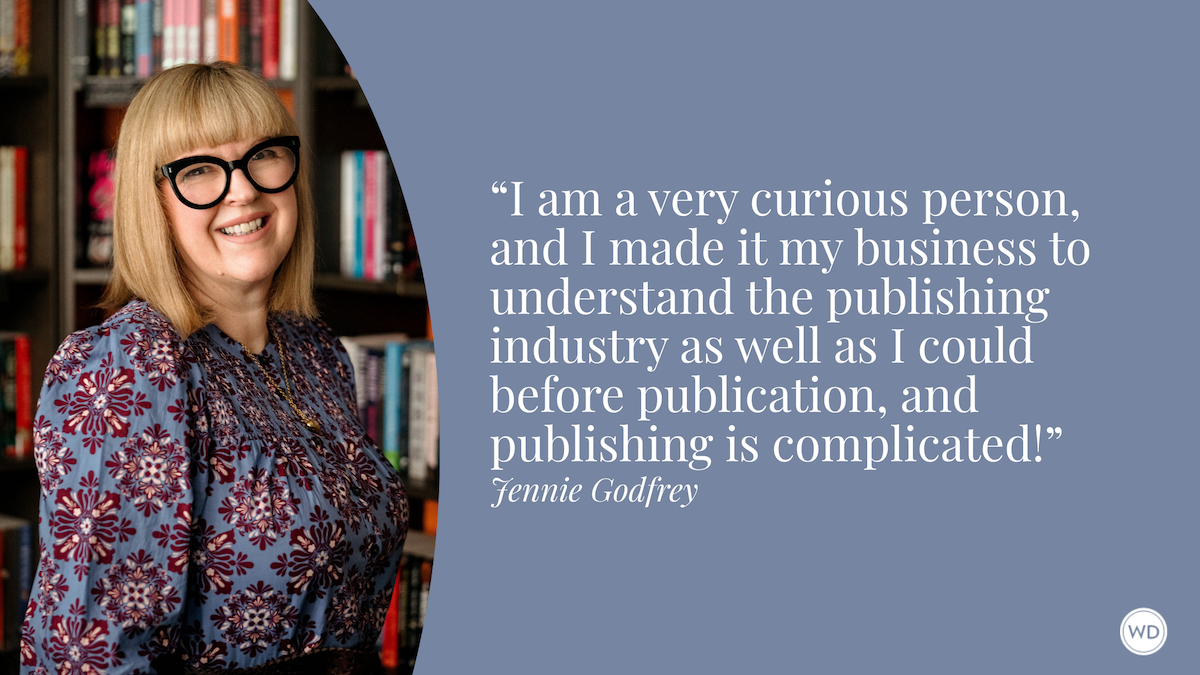Quotes Within Quotes
Q: When should I use single quotes instead of double quotes?—John Batson A: Double quotation marks signify the exact words of someone else speaking in your writing. Single quotation marks…
Q: When should I use single quotes instead of double quotes?—John Batson
A: Double quotation marks signify the exact words of someone else speaking in your writing. Single quotation marks come into play when the person you’re quoting quotes someone or something else.
Look at this example:
“I’m irritated with Dad right now,” said my sister. “Last week he said to me, ‘Jennie, if you don’t wash your own clothes, I’m going to start throwing them in the backyard.’ Last night I found my favorite shirt hanging from the bird-feeder.”
The writer is quoting his sister, Jennie. She gets the double quote marks credited to her speech. But while Jennie is talking, she quotes her dad. His words (which she’s reciting) get the single marks.
As sentences become more complicated with multiple quotes, the rule is to alternate between double and single marks.
“I talked to Mom last night and she said, ‘I agree with your father. And when he says, “I’m going to throw your clothes in the backyard,” he means it.’ This is laundry war!”
So use single quotes only inside double quotes. And you can quote me on that—as long as you use the correct set of marks.
Brian A. Klems is the online managing editor of Writer’s Digest magazine.
Have a question for me? Feel free to post it in the comments section below or e-mail me at WritersDig@fwpubs.com with “Q&Q” in the subject line. Come back each Tuesday as I try to give you more insight into the writing life.









